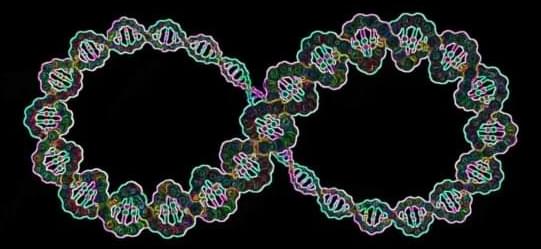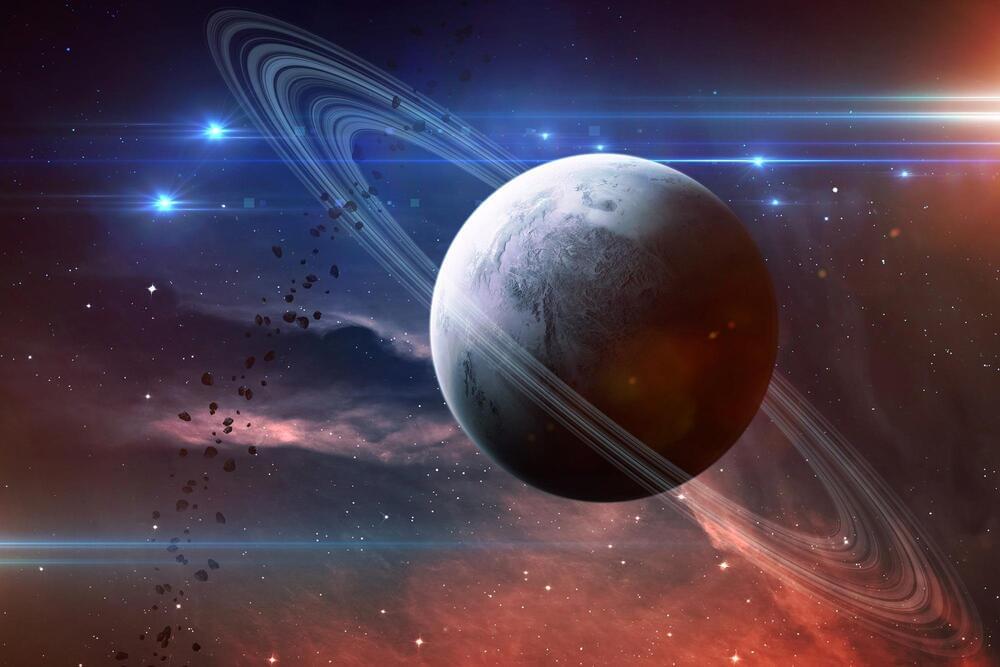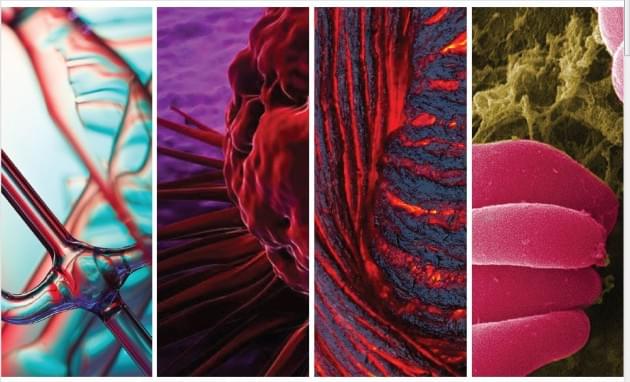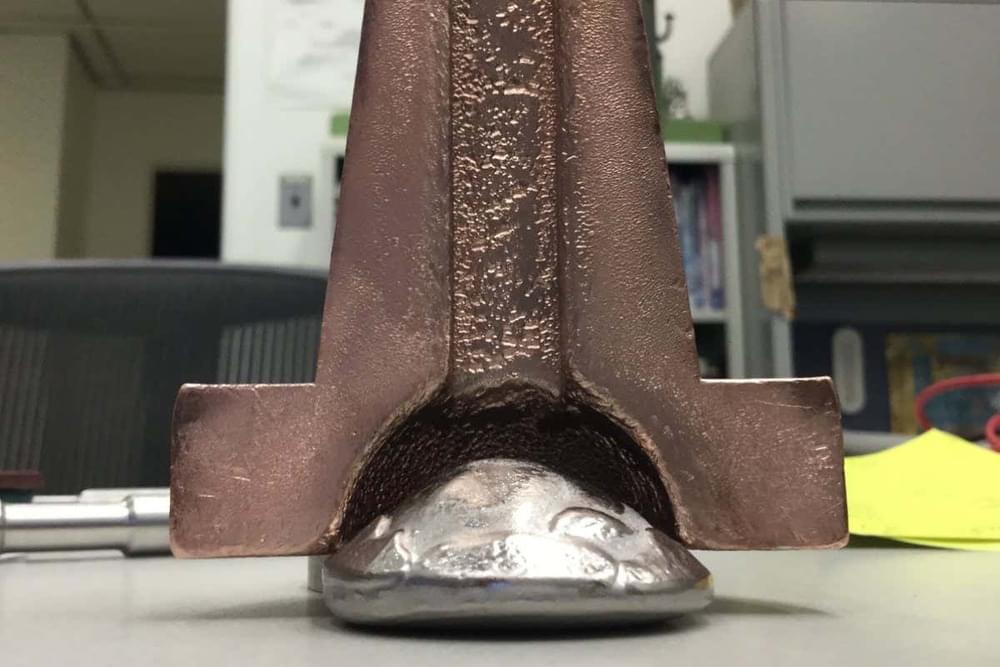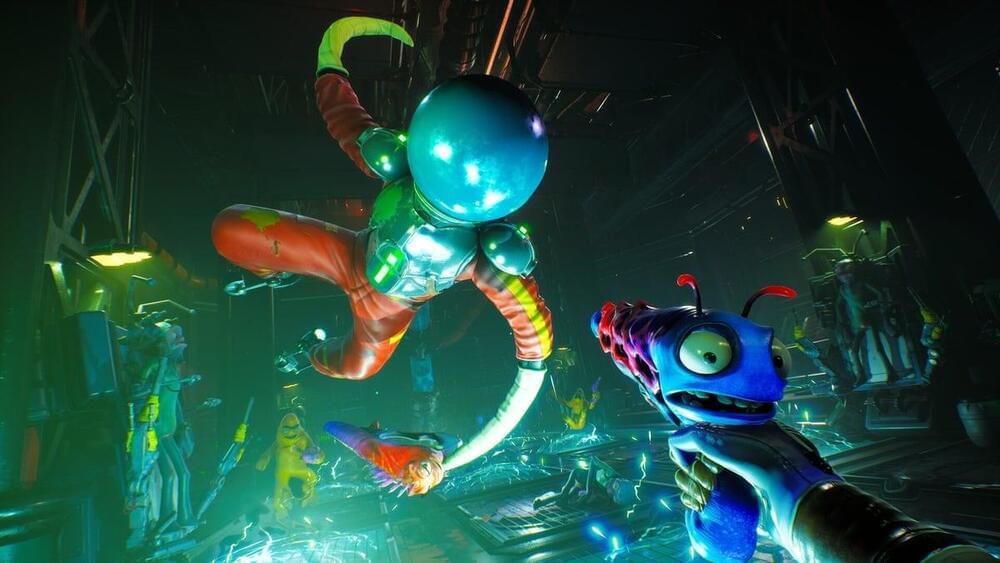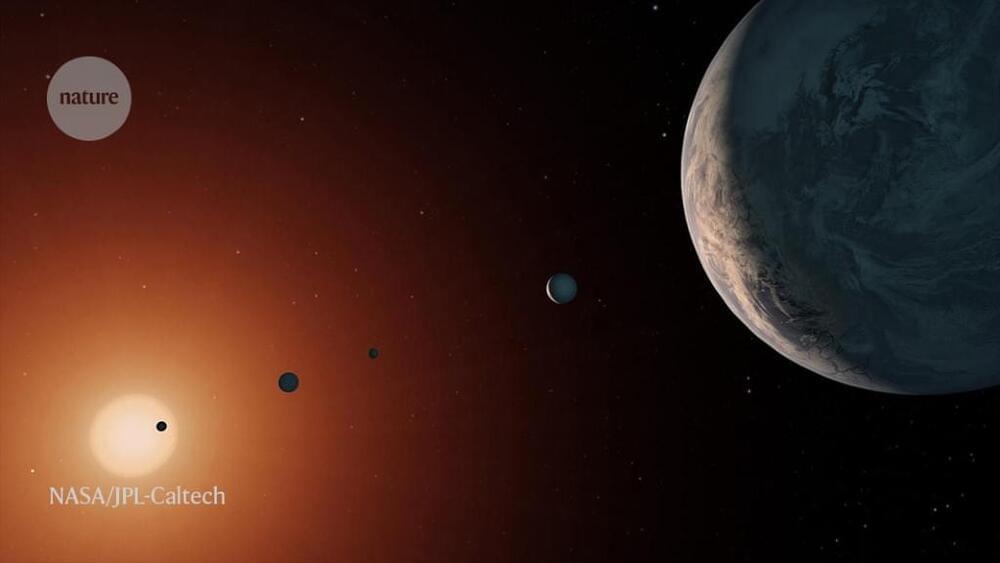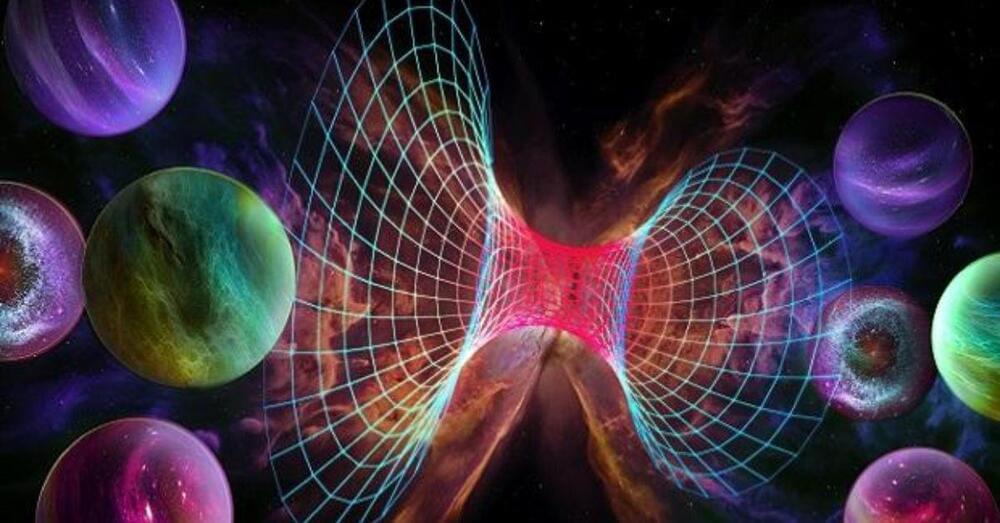Dec 16, 2022
‘The Price of Immortality’: How long can gene therapy and cellular regeneration extend life?
Posted by Genevieve Klien in categories: biotech/medical, life extension
In his lively tour of longevity science and pseudoscience, Ward, a British reporter, discovers that researchers are largely not as interested in immortality per se as much as in helping us live fulfilling, active lives until our final day. And while some immortalists hope the culmination of this effort will eventually lead us to never finding that day, Ward leaves the question open.
He begins at the Church of Perpetual Life, a congregation of people who, instead of seeking paradise after death, would rather avoid their demise altogether. There, Ward meets Neal VanDeRee, the church’s pastor, who practices intermittent fasting and envisions a future in which biotechnology advances faster than our bodies break down.
VanDeRee is working to reach what he and other immortalists call “escape velocity” by extending their lives until biotechnology progresses fast enough to keep them alive forever. Another immortalist, Aubrey de Grey, sees this moment as surprisingly close — within 20 to 30 years, or maybe even sooner. It’s quite a claim, but is it possible? “Either we’ll discover we can make people healthy for longer but our lifespan is quite set, as most gerontologists believe, or de Grey’s longevity escape velocity will be proven correct,” Ward writes, never quite telling us which future he is betting on.
